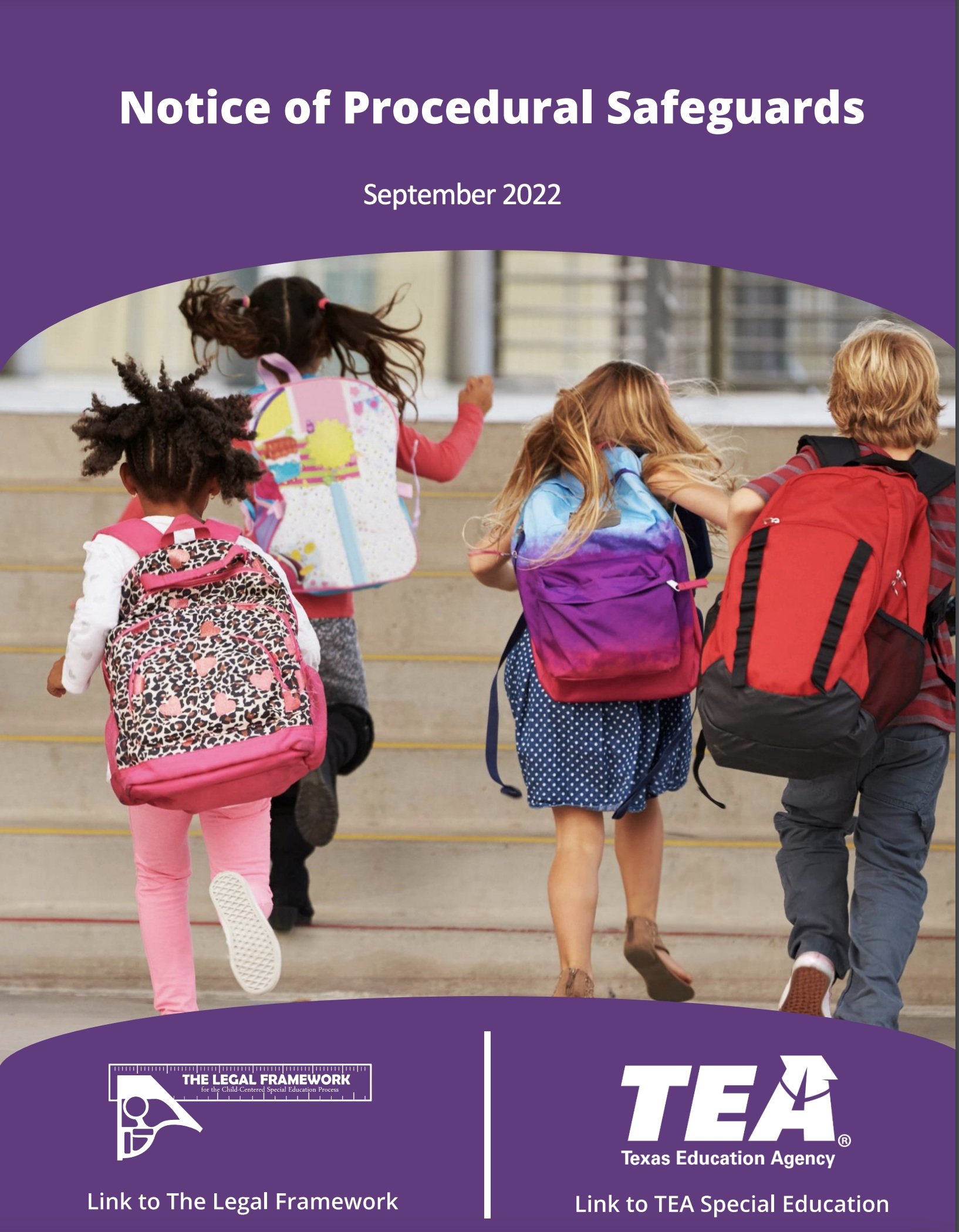Understanding Your Rights
-

504
This refers to Section 504 of the Rehabilitation Act of 1973. A 504 plan is designed to ensure that students with disabilities have equal access to education. Unlike the Individuals with Disabilities Education Act (IDEA), which provides specific services and accommodations for eligible students, a 504 plan outlines accommodations and modifications that enable students with disabilities to participate in a general education setting alongside their peers. These plans are tailored to each student's individual needs and may include accommodations such as extended time on tests, preferential seating, or assistive technology.
-

IDEA
IDEA (Individuals with Disabilities Education Act): IDEA is a federal law that governs how states and public agencies provide early intervention, special education, and related services to children with disabilities. The law mandates that eligible students receive a free appropriate public education (FAPE) in the least restrictive environment (LRE) possible. IDEA outlines the rights of children with disabilities and their parents, including the right to an Individualized Education Program (IEP), which is a personalized plan outlining the student's educational goals, services, and accommodations.
-

FAPE
FAPE (Free Appropriate Public Education): FAPE is a key principle under IDEA. It ensures that children with disabilities are entitled to an education that meets their unique needs at no cost to their families. This education must be provided in accordance with an individualized education program (IEP) that is tailored to the student's strengths and weaknesses and designed to help them make progress in the general education curriculum.
-

LRE
Description goes hereLRE (Least Restrictive Environment): LRE is another fundamental principle of IDEA. It requires that children with disabilities be educated alongside their non-disabled peers to the maximum extent appropriate. This means that schools must strive to provide educational opportunities in inclusive settings whenever possible, rather than segregating students with disabilities into separate classrooms or schools.
-

Child FInd
Child Find: Child Find is a component of IDEA that requires states to identify, locate, and evaluate all children with disabilities, regardless of the severity of their disabilities, who are in need of early intervention services or special education. Schools are responsible for actively seeking out and identifying children who may require special education services, whether they are already enrolled in school or not. This ensures that eligible children receive timely and appropriate interventions to support their development and academic success.
-

Procedural Safeguards
Within the framework of the Individuals with Disabilities Education Act (IDEA), both you and your child are afforded legal protections throughout the evaluation and formulation of the individualized education program (IEP). These safeguards, known as Procedural Safeguards, ensure that your rights and your child's rights are upheld during these essential processes.
-

ARD Guide
Alongside procedural safeguards, parents receive a handbook detailing the Admission, Review, and Dismissal (ARD) Process for students who are or may be eligible for special education services. This resource elucidates parents' rights, outlines the procedures of the ARD committee, clarifies their role within it, and delineates the steps of the ARD process. Parental involvement in the decision-making process for their child's Individualized Education Program (IEP) is crucial. The ARD guide is available to download blow



